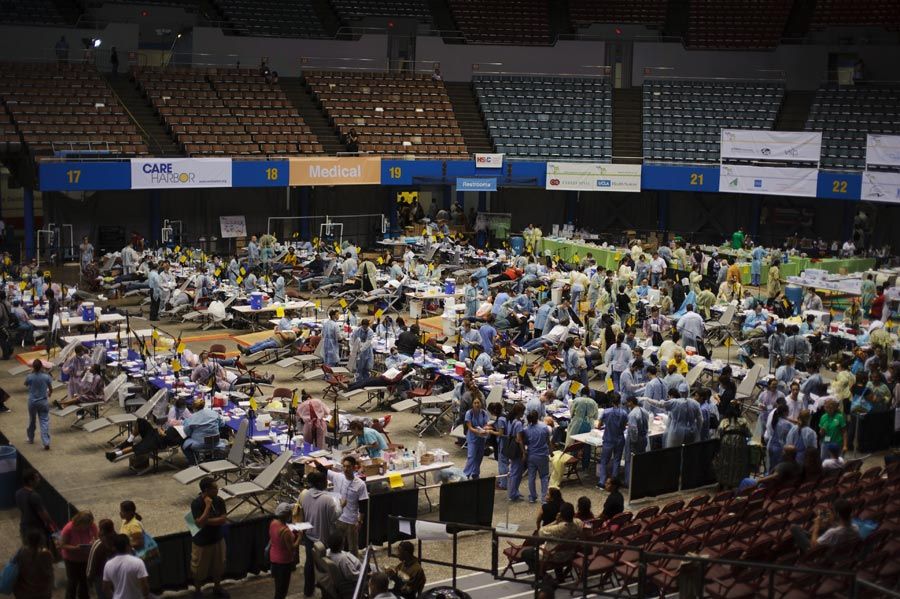 |
| Joseph Stalin: I really don't think he was expressing a political philosophy, do you? |
A market -- as we understand the term in a market economy -- is a neutral thing. It's used to sort out supply, demand, and price. It's not the same thing as capitalism.
Case in point: China has a command economy, not a market one. It nonetheless utilizes a kind of capitalist system, and some of its markets are reasonably unfettered, while its social systems are highly restricted. I know, it's a conundrum, but that's easily explained. Its communist model is a sham. As we've noticed throughout the 20th century, communist means totalitarian, nothing else. In fairness to Karl Marx, communism is a political theory. In practice, it's been used as an opportunity to oppress.
The reason the Chinese have relatively free access to markets is the result of a bargain, if you will, that Deng Xiaoping struck with the Chinese people in the post-Mao era: You can have access to markets and essential capitalism, but we continue to control society, absolutely.
As for capitalism in market economies, there are a variety of expressions of it historically. Having gone through the history museum in Copenhagen, Denmark, I know that the Danes, for example, very thoughtfully and with full consideration chose to build a state with labor very much on an equal footing with capital. The result is a capitalist system that supports labor rather than oppresses it.
There are many examples of capitalist systems around the world, some more socialist than others. Some work better than others. Japan -- where I lived for years -- is a very conservative, capitalist country with a highly developed socialist structure. Such systems can and do co-exist.
Oppression isn't the sole province of "communist" totalitarian states. A case could be made -- and I'd like to make it -- that capitalism in the U.S. has become an instrument of oppression.
Here enters the role of government in controlling, or regulating, markets. Capitalism run amok can only happen to the extent that markets are left unregulated. Also, how government chooses to tax -- and the subsequent distribution of that revenue -- plays a huge role in the expression of capitalism.
It comes down to this: We get the form of capitalism we deserve, based on the mix of regulation, taxation, and distribution. How we manage our social structures also plays a defining role.
The most extreme conservative/libertarian philosophies would, I think we could agree, lead to a Mad Max world. The most extreme "communist"/totalitarian philosophy would lead to what we've experienced in the Soviet Union, China, and North Korea. I suppose I could include Cuba in that, but I've always felt that our proximity to Cuba and our meddling in its affairs make it an odd case. Cuba, as a laboratory for communism, amounts to a tainted sample. It's an oppressive state with elements of "good" socialism, like its healthcare system.
So, what do you want, Mad Max or Stalin? It's how we choose to be somewhere in the middle that defines us. Since there's so much room in between the extremes, it's a worthy goal -- assuming we're completely honest in expressing the justifications for our policy positions -- to find a proper balance.
So, here's the question(s):
- How do we want our markets to function?
- How do we want our governments to function?
- What kind of society do we want to produce as a result of how our markets and governments function in relation to each other?
Now, let's elevate ourselves, for a minute, above politics. From that perspective, how would you design the best healthcare system for the United States?
 |
| Would your healthcare system look like this? (Los Angeles Memorial Sports Arena free healthcare clinic, 2012) Would you design this for the U.S.? |

Thank you so much for Posting the article, we have more and better Vape here, for example: Wotofo
ReplyDeletedead rabbit rda